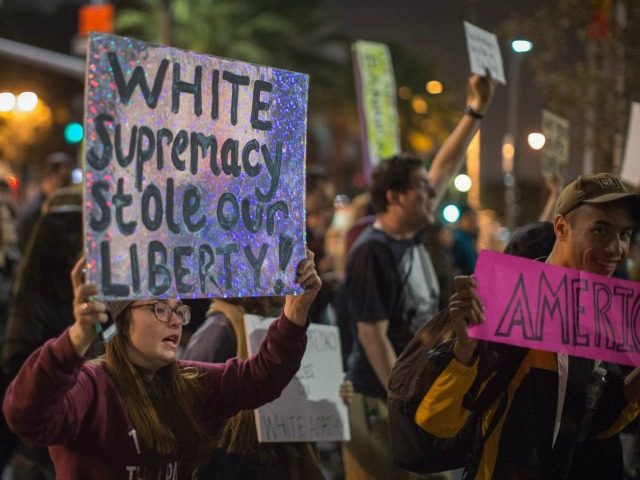Two professors at the University of Northern Iowa argue in a recently published academic journal paper that “civility” in college classroom discussions reinforces “white racial power.”
Professors Kyle Rudick and Kathryn B. Golsan of the University of Northern Iowa argued in a recent academic article in the Howard Journal of Communications that asking for civility in classroom discussions reinforces “white racial power.”
In this study, the authors draw upon critical whiteness studies to explore how White students’ understanding of race-talk within higher education (re)produces whiteness. Through an analysis of interview data, they generated 3 categories describing whiteness-informed civility (WIC): (a) WIC functions to create a good White identity, (b) WIC functions to erase racial identity, and (c) WIC functions to assert control of space. These thematic concepts show how WIC is characterized by logics of race-evasion, avoidance of race-talk, and exclusion of people of color. The authors conclude by offering ways for instructors to interrogate WIC through classroom practices informed by critical communication pedagogy.
In the article, Rudick and Goslan interviewed 10 white colleges students to obtain a better grasp on their personal definition of “civil behavior.”
“How do you think your racial identity may affect your understandings of civility when talking with students of color?” they asked the student participants.
Even students who claimed that they treat all of their peers equally were labeled problematic by the professors. In the absence of dialogue on racial issues, the professors argue, students who treat their peers equally are actually doing a disservice to those amongst them who are marginalized.
“First, participants stated that they tried to avoid talking about race or racism with students of color to minimize the chance that they would say something ‘wrong’ and be labeled a racist,” the professors wrote. “Another way that participants described how they tried to be civil when interacting with students of color was to be overly nice or polite.”
“I feel like I treat everyone the same…To me, if you’re white or black…, then I’m going to treat you like you’re a human being. I guess I don’t see skin color whenever I see someone,” one student respondent said. The professors went on to argue that the student’s colorblind approach is actually a “race-evasive” strategy that reinforces “white racial power.”
In a comment to Campus Reform, Rudrick sarcastically claimed that he wrote the article as a part of his “continued service to Chthulu.”

COMMENTS
Please let us know if you're having issues with commenting.